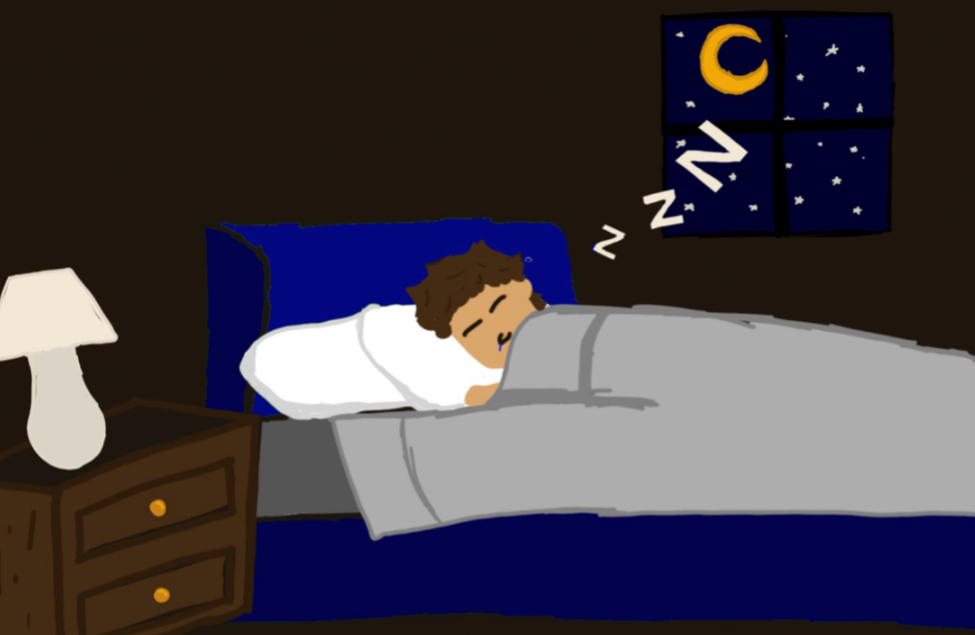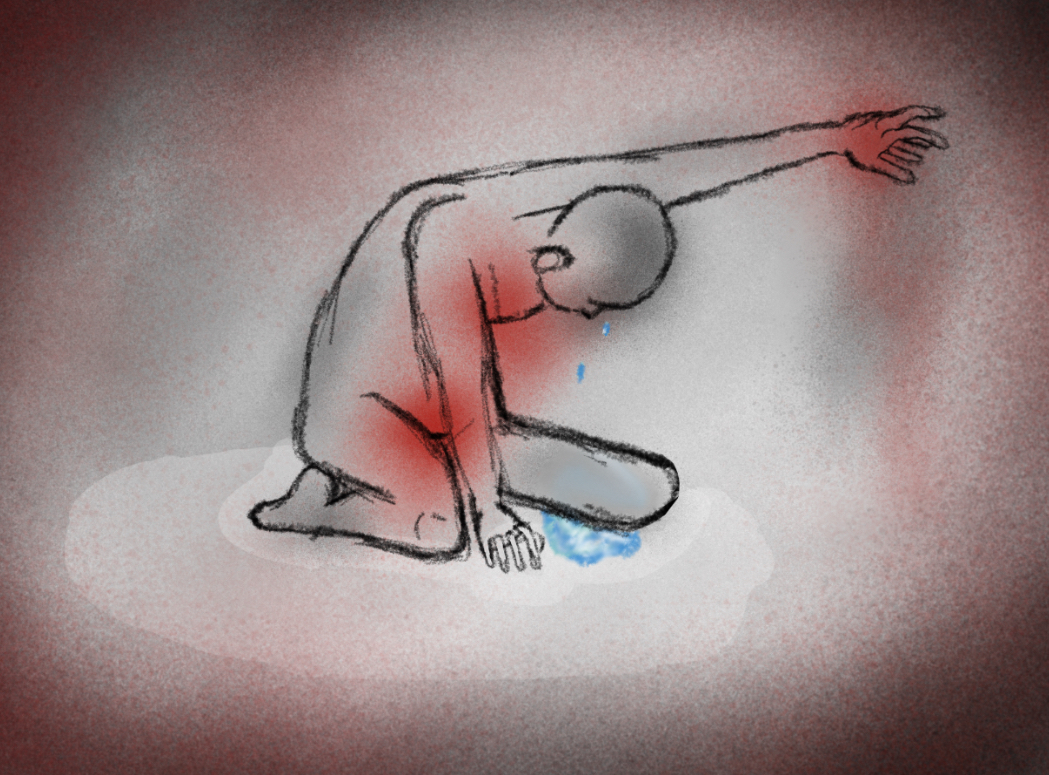It’s common knowledge that everyone needs sleep to be productive, feel good, and go throughout their day-to-day life. This is because while one sleeps, the body is working to support healthy brain function as well as maintain the person’s physical health.
Every age group requires a different amount of sleep. Newborns need between 14 to 17 hours; toddlers need 11 to 14 hours; school-aged children need nine to 12 hours; teens need eight to ten hours; and adults need seven or more hours.
We sleep fewer hours as we age due to a natural decline in energy levels. Changes in metabolism and hormone production play a role in it.
Teens need eight to ten hours of sleep because they are in a time of rapid physical, intellectual, and emotional growth.
According to “Why Is Sleep Important,” an article written by the National Heart, Lung, and Blood Institute, sleep helps support growth and development among children and teens. Not getting enough sleep for an extended period of time can start to cause a higher risk of chronic health problems. These consequences range from an increased risk of hypertension, diabetes, obesity, depression, heart attacks, and strokes.
Sleep also affects growth and stress hormones, our immune system, appetite, breathing, blood pressure, and cardiovascular health.
“Brain Basics: Understanding Sleep,” an article about how sleep affects parts of the brain, said that sleep is vital to numerous of brain functions, which include how nerve cells communicate with one another. Some recent findings support that sleep plays a housekeeping role that removes toxins that build up while you are awake.
Sleep has an immense effect on almost every tissue and system in the body, from the brain, heart, and lungs to metabolism, immune functions, mood, and disease resistance. Without sleep, one cannot form or maintain the pathways in your brain that let you learn and create new memories, and it’s harder to concentrate and respond quicker.




















